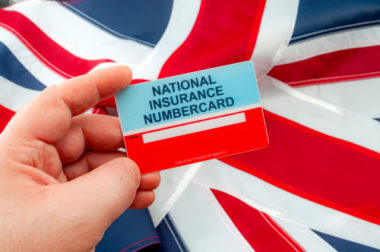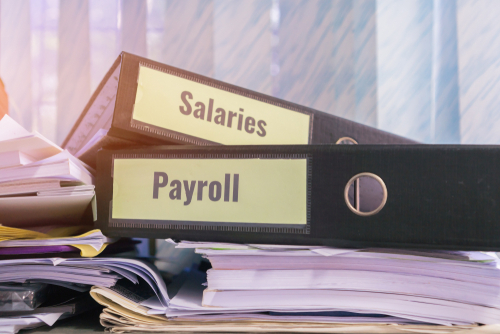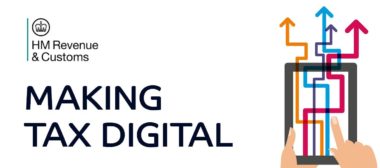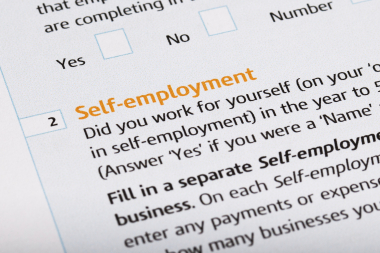
Cars are a special case when it comes to capital allowances. While capital allowances may be claimed on cars used in a business, partners and sole traders have the option of using the simplified expenses system instead.
Where the cash basis is used, it is not possible to deduct the full cost of the car in the year of purchase – such a deduction is prohibited under the cash basis capital expenditure rules.
No annual investment allowance
The annual investment allowance (AIA) allows immediate write-off for the full purchase cost in the year of acquisition, as long as enough of the £1 million AIA allowance for the year remains available. Unlike vans, cars do not qualify for the AIA, and unless the car is eligible for a first-year allowance, it is not possible to obtain 100% relief immediately.
Full expensing and 50% first-year allowance not available
Similarly, companies are unable to benefit from full expensing or the 50% first-year allowance for new cars that are not eligible for the 100% first-year allowance.
100% first-year allowance for electric cars
While the AIA and full expensing are unavailable, a 100% first-year allowance is available for expenditure on new electric cars. This provides immediate relief for the full cost of a new electric car in the year of purchase. The 100% first-year allowance is only available in respect of expenditure on a new electric car; it is not available on the purchase of a second-hand electric car. Writing down allowances are available instead.
Writing down allowances
If the first-year allowance is not available and simplified expenses have not been claimed, relief for expenditure on a car used for business purposes is given by means of writing down allowances. The rate of the allowance depends on the car’s CO2emissions.
Main rate writing down allowances at the rate of 18% are available for new and second-hand cars whose CO2 emissions are 50g/km or less (including second-hand electric cars). New or second-hand cars with CO2 emissions of more than 50g/km qualify for special rate capital allowances at the rate of 6%.
Private use adjustment
If a car is used for both personal and business use, capital allowances are only available in respect of the business use. For example, if a sole trader uses their car for both business and private use and estimates that business use accounts for 60% of the total use, an adjustment would be needed to account for the private use. To do this, the writing down allowance would be reduced by 40%.
Consider simplified expenses instead
Sole traders and partnerships can take advantage of the simplified expenses system and deduct an amount based on the business mileage in the tax year when calculating their taxable profit. The deduction is given at a rate of 45p per mile for the first 10,000 business miles in the tax year and at 25p per mile for any further business mileage. Where simplified expenses are used, capital allowances cannot be claimed as well. Likewise, if capital allowances have been claimed, the simplified expenses system cannot then be used.
Companies are not able to claim simplified expenses and instead obtain relief for expenditure on cars in the form of capital allowances.







